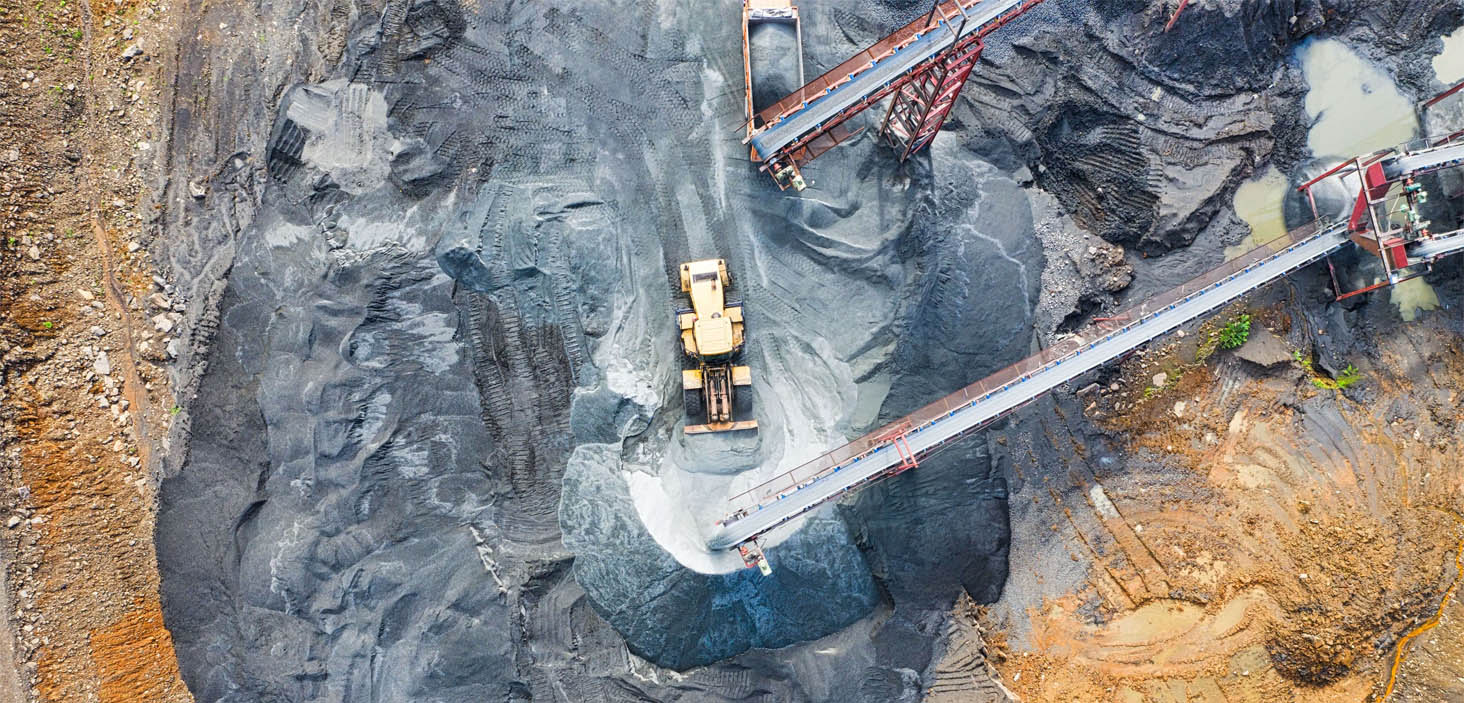Lithium is a key component in the manufacturing of rechargeable batteries, particularly those used in electric vehicles (EVs). EVs are an upcoming mode of transportation for the logistics industry due to their environmental benefits, cost savings, and increasing availability. As the demand for them increases, the availability of lithium becomes more important for the production of batteries. As technology continues to improve, we can expect to see a greater adoption of EVs in the future.
How can these lithium deposits help the Indian logistics industry?
The development of a domestic lithium supply chain can have several advantages for India. For one, it can help to reduce the country's trade deficit by decreasing the amount of money spent on importing lithium from other countries. Currently, India relies heavily on imports to meet its lithium requirements for the manufacturing of lithium-ion batteries. With the availability of lithium deposits in Kashmir, India can potentially reduce its dependence on imports and develop a more self-sufficient supply chain for its battery manufacturing industry. It can help reduce the cost of production for EV manufacturers. This can be particularly beneficial for the logistics industry, which will heavily rely on EVs for the transportation of goods in the future.
Atmanirbhar Bharat?
The availability of lithium deposits in Kashmir can create opportunities for the development of local battery manufacturing facilities. This can create jobs in the region and contribute to the development of a more diversified and sustainable economy. A self-sufficient lithium supply chain can also help support India's push towards greater energy independence and sustainability. As the demand for electric vehicles and other forms of renewable energy increases, the availability of a domestic lithium supply can help to ensure that India has the necessary resources to support this transition.
India will have to overcome several challenges, such as limited charging infrastructure, and the need for greater awareness about EVs. While the availability of lithium deposits in Kashmir is a positive development for India, it is important to recognize that progress and development are complex and multifaceted processes that involve many different factors. The successful development of a domestic lithium supply chain in India will depend on a wide range of factors, and it remains to be seen how this will impact India's progress relative to other countries.
Government Initiatives
The government has recognized the importance of logistics for the country's economic development and has been taking steps to create a more efficient and integrated logistics ecosystem. For instance, the National Logistics Policy, Direct Port Delivery, and the Sagar Mala Project. Steps have also been taken through budgetary reforms. The 2023-24 budget will include more funds for the logistics sector. The government will provide further incentives to strengthen the supply chain management infrastructure.
What is our take on this discovery?
It is difficult to say whether the discovery of lithium deposits in Kashmir will only have greater progress for India, as progress and development are influenced by a wide range of factors beyond the availability of natural resources alone. Government has taken several initiatives for the logistics industry and will continue to do so as also evident by the upcoming discussion on accessible logistics at the G20 Summit. Overall, the discovery of lithium deposits in Kashmir has the potential to make India more independent and self-sufficient. As discussed above, the future of the logistics industry will heavily rely on electric vehicles (EVs) for transportation. Lithium deposits found in Kashmir are likely to bring us a number of benefits including reduced emissions and improved efficiency.
